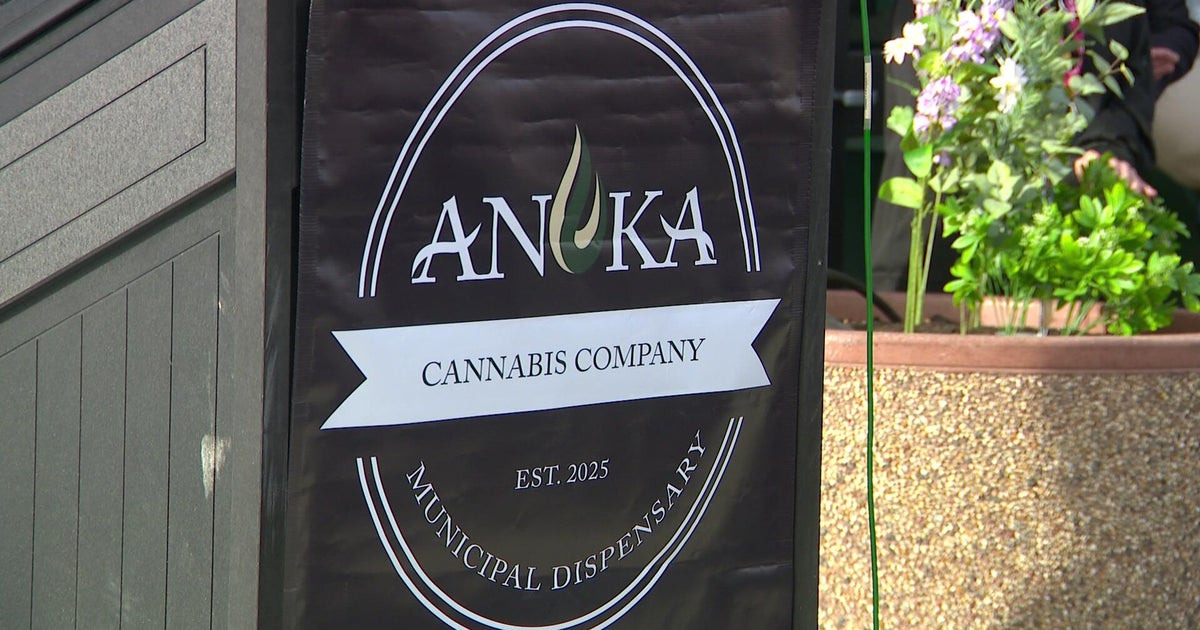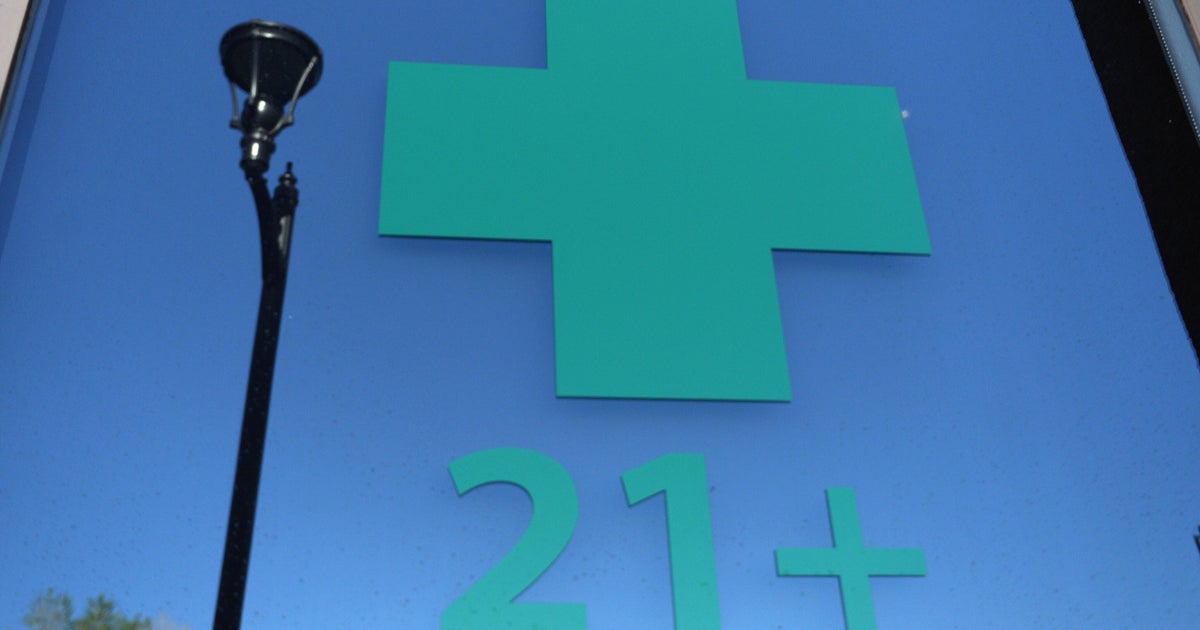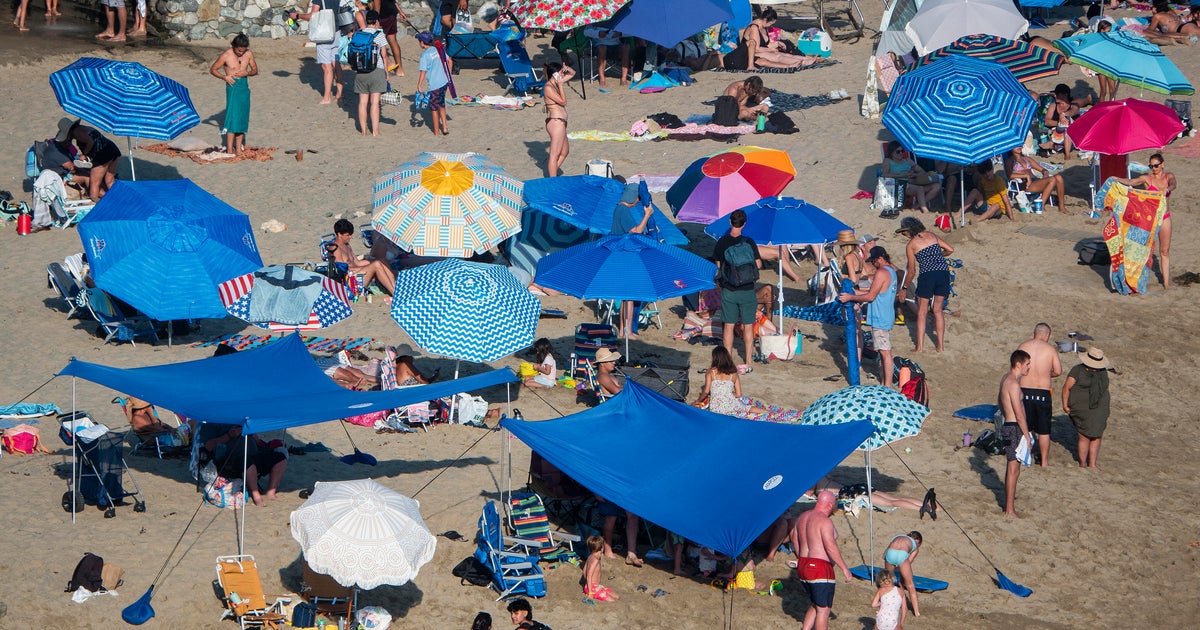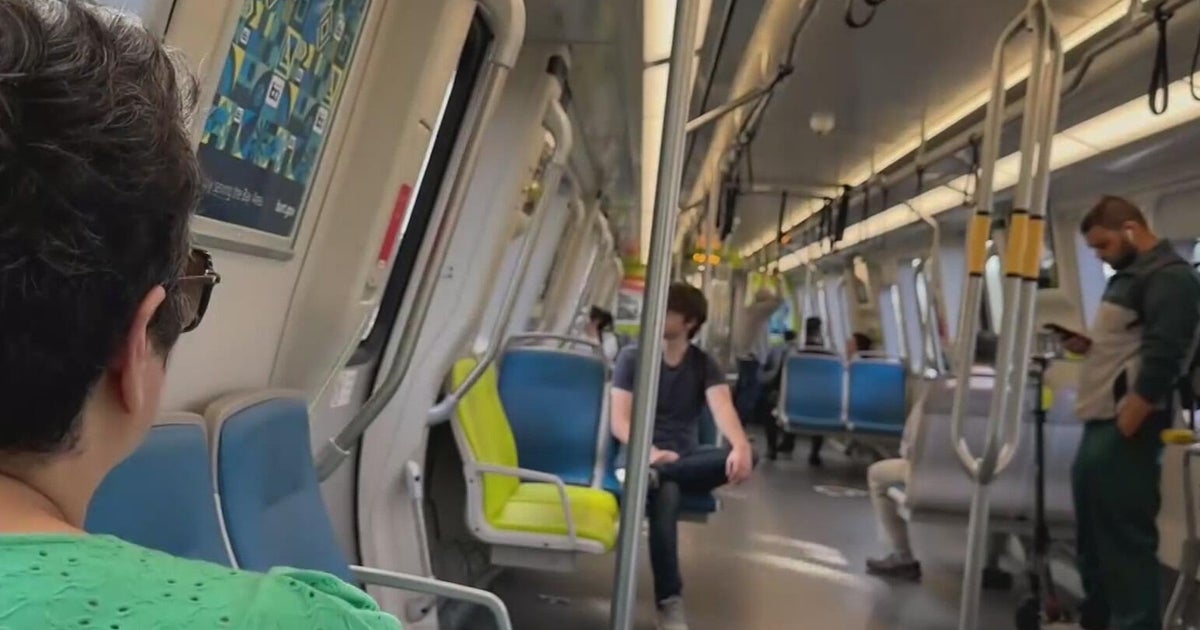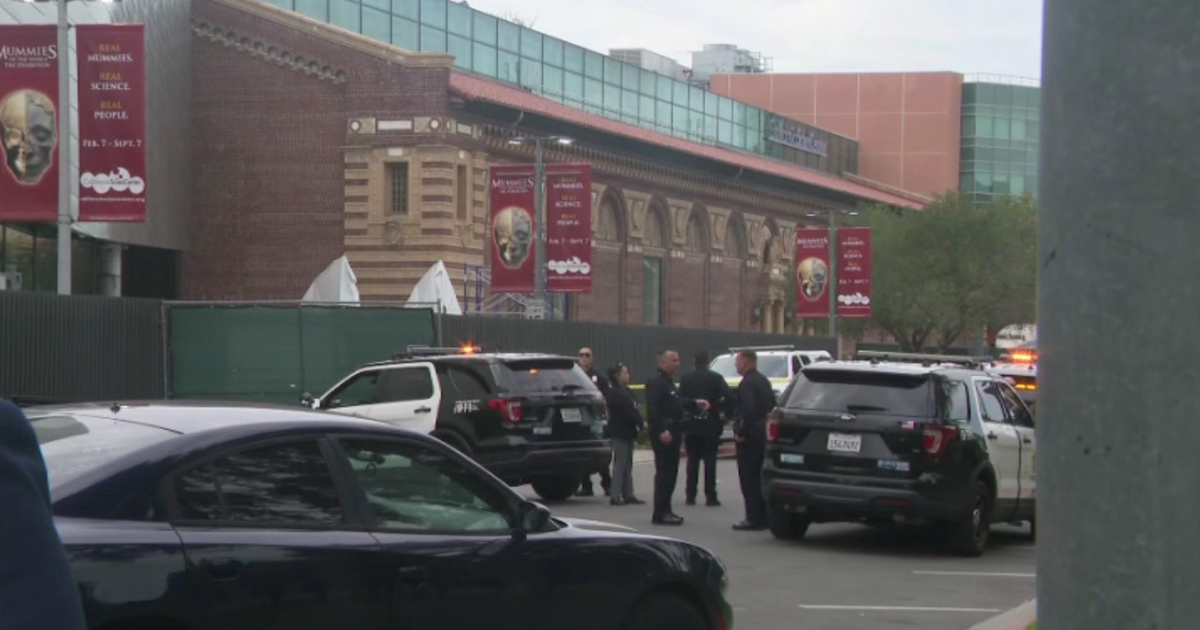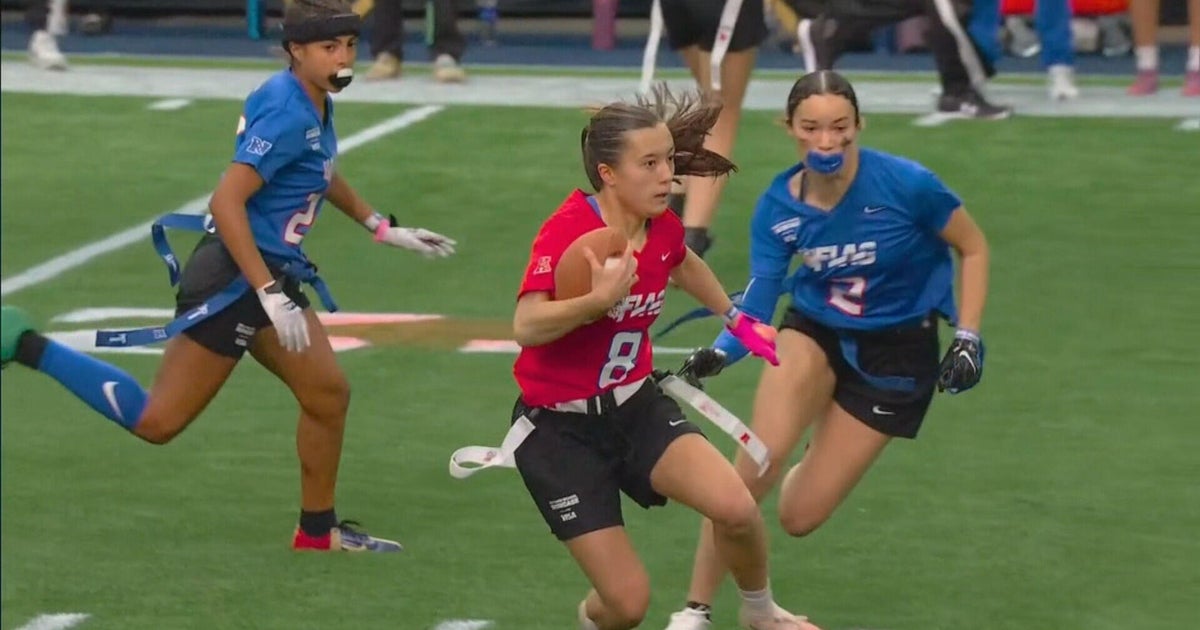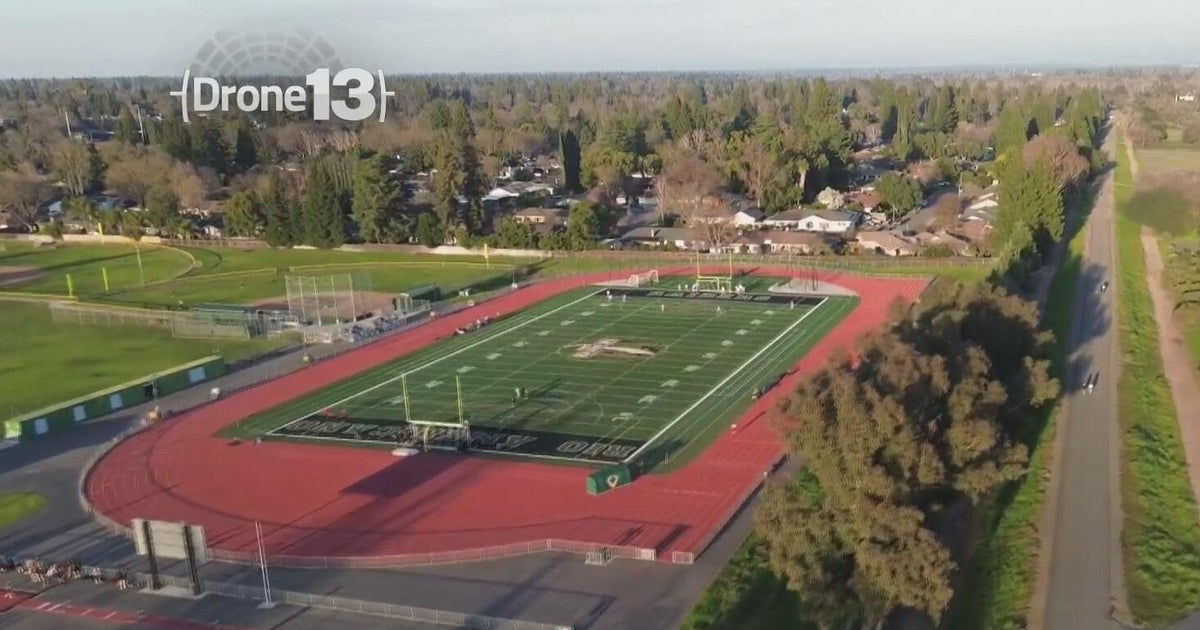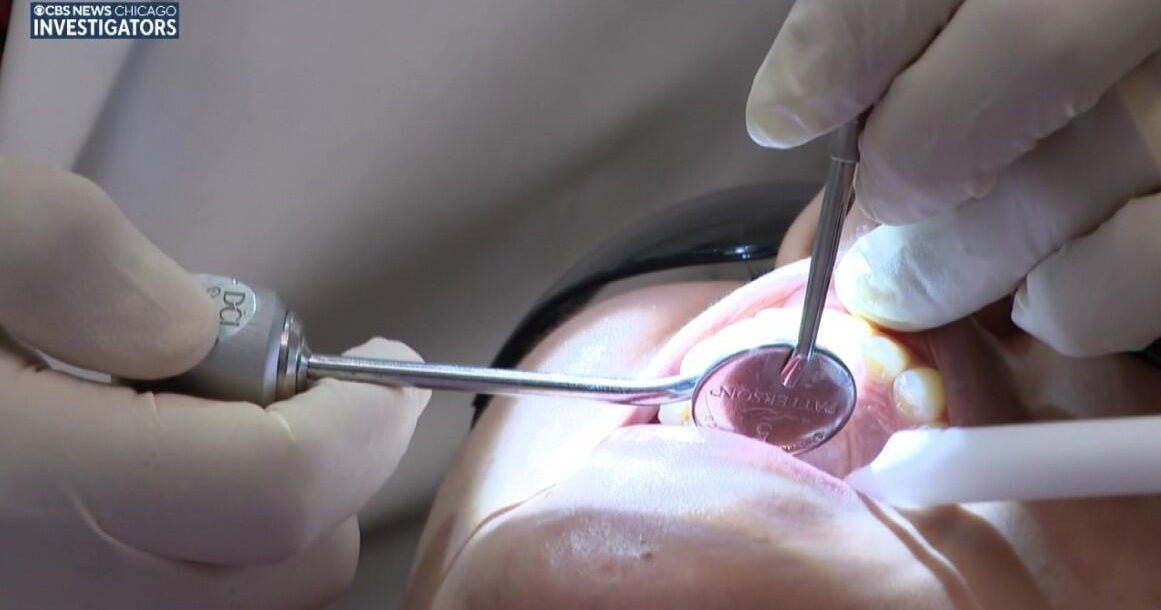Compton Residents To Decide Competing Pot Measures Tuesday
COMPTON (CBSLA/AP) – Residents of Compton will vote Tuesday on two competing measures that would regulate marijuana businesses in a city which currently bans marijuana dispensaries.
Measure C is a city drafted proposal, while a petition drive led to a competing Measure I.
Measure C would allow marijuana sales while imposing a 10 percent business tax and banning commercial cultivation of marijuana in the city. Measure I includes many of the same provisions as Measure C, but it calls for a 5 percent business tax and would allow indoor marijuana-cultivation businesses.
If both measures fail, the city's existing ban on marijuana business will remain in place. If both pass, the one receiving the most votes will take effect.
The measures have other differences, with Measure C calling for a hard cap of 10 dispensaries in the city, and Measure I allowing up to 10 with more possible depending on population increase.
The city's measure would require dispensaries to be at least 1,000 feet from schools, churches, parks and child care or community centers, while Measure I calls only for a 600-foot distance from schools. Measure C also includes a 30 percent local-hiring requirement, while Measure I has no such mandate.
In November of 2016, California voters passed Proposition 64, which legalized recreational marijuana for adults 21 and older, making it legal to grow six plants and possess an ounce of pot. Legal recreational marijuana sales took affect Jan. 1. Those retail market regulations are still being formalized and will be phased in over the next year.
A handful of dispensaries opened in West Hollywood and Santa Ana on Jan. 1. The city of Maywood opened its first recreational dispensary last week. The city of Los Angeles started accepting license applications Jan. 3, but stores didn't receive approval to begin selling marijuana until Jan 19. L.A. is now the largest city in the U.S. with recreational pot stores.
Recreational customers in California can buy up to one ounce of marijuana per person and must pay a 25 percent tax.
Complicating matters, however, the Trump administration on Jan. 4 announced that it was lifting an Obama-era policy that kept federal authorities from cracking down on the pot trade in states where the drug is legal. Attorney General Jeff Sessions will now leave it up to federal prosecutors to decide what to do when state rules collide with federal drug law.
Sessions' action have threatened the future of the young industry, creating confusion in the seven states and Washington, D.C., where the drug is legal.
(© Copyright 2018 CBS Broadcasting Inc. All Rights Reserved. The Associated Press contributed to this report.)
